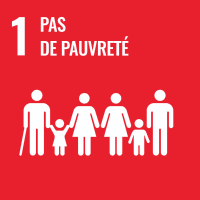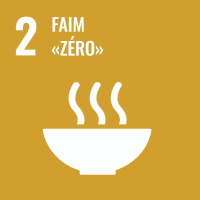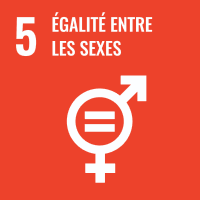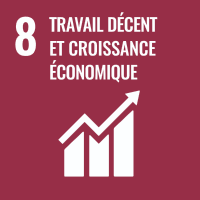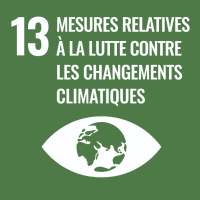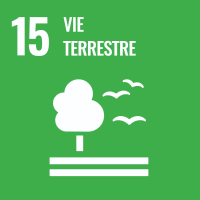Rwanda
The MuLaKiLa project was officially launched in March 2023 under its full name, “Building Resilience to Climate Change and Sustainable Agriculture Value Chains in Agro-Systems around the Mukura-Gishwati Forest and Lake Kivu Catchment Landscape” (MuLaKiLa).
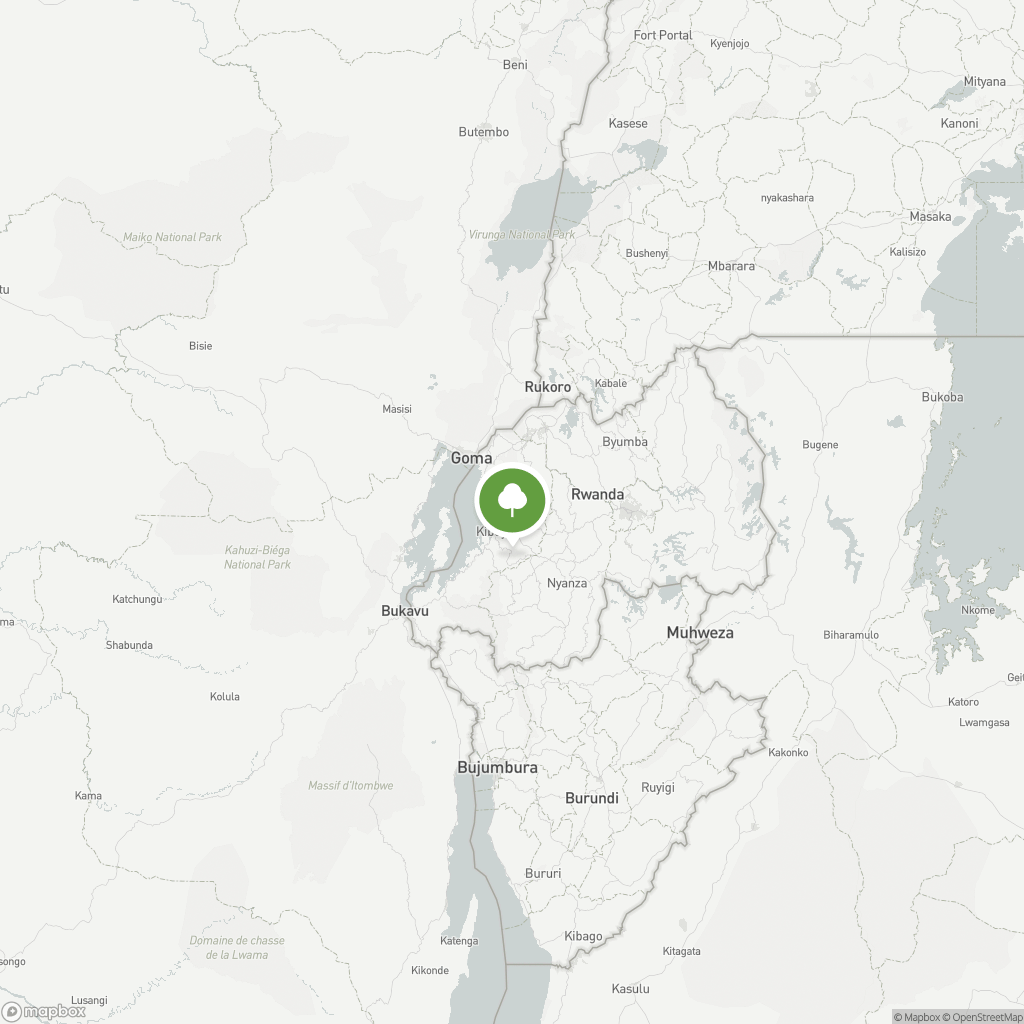

The MuLaKiLa project lies in the administrative districts of Rutsiro and Ngororero, within the Western Province of Rwanda. Encompassed in the project are two natural ecosystems of major importance: Gishwati-Mukura National Park and Lake Kivu. Gishwati-Mukura National Park is Rwanda's last national park and has been on UNESCO's World Heritage List since 2020. On the border between Rwanda and the Democratic Republic of the Congo, Lake Kivu is one of Africa's largest lakes and drains a major river system.
Land and forest degradation is a major environmental problem in Rwanda, particularly in the mountainous landscapes of the Rutsiro and Ngororero districts. Here, high population pressure has led to significant land conversion to agriculture for food, further compounded by deforestation to access forest resources, particularly wood as fuel for cooking. 40% of the country's cultivated land is currently threatened by erosion and therefore vulnerable to the risk of landslides during the rainy season, which is being exacerbated by climate change. In both districts, food insecurity and poverty are hindering the population's ability to adapt and mitigate to these changes.
In this context, the MuLaKiLa project will serve as a powerful catalyst for restoring the integrity of natural ecosystems while addressing the needs of the communities that depend on them.

Restoring ecosystems and biodiversity. The development of agroforestry systems in croplands, as well as the creation of new coffee plantations and woodlots, will increase the vegetation cover and establish connectivity between crops and forest patches of the Gishwati-Mukura National Park. The final mix of diversified species, with a ratio of 50% native species, will drive positive impacts for biodiversity and watershed catchment of Lake Kivu and the Congo-Nile crest.
Promoting farmers' and their plots' adaptive capacity. To overcome the region's difficult topography, which represents a major obstacle to agricultural and food-producing activities, and to fight erosion and prevent landslides, the project includes proactive measures against land degradation. Among them is the creation of progressive and radical terraces, covering a surface area of 8,000 and 2,450 hectares respectively. Terraces are leveled segments strategically designed for soil and water conservation on cultivated slopes. Additionally, the project will promote improved agriculture land management (IALM) practices, including the substitution of chemical fertilizers with organic manure, reducing tillage, or crop covering. These activities will create a socio-ecological system that is flexible and adaptable to upcoming challenges.
Supporting economic and social prosperity. The project is actively mobilizing farmers, who are bound to the project by a long-term Sustainability Agreement. 1,300 self-governed group communities, known as the “Friends of Nature Associations” (FNAs) will be created. The establishment of agroforestry systems, along with the planting of 30% fruit species, will enable gains in agricultural productivity and increase food security for local communities.
In addition to diversifying food sources, the project will also reward rural communities through incentives tailored to their needs, such as the distribution of livestock. To further improve people's livelihoods, 40 revolving funds will be set up, intended to support community micro-projects and generate additional income streams. Farmers will be trained in sustainable agriculture practices, delivered alongside capacity-building initiatives focusing on small business development and financial literacy. These initiatives will recognise traditional knowledge and promote self-sufficiency and financial independence.
The initial project design, which involved a feasibility study, spanned months, from February 2023 to January 2024. 2024 was dedicated to the initiation and adjustment phases, aimed at establishing a robust and flexible organisation that will ensure sustainable project management over an extended 31-year period, while planting activities will be distributed over 4 years, from 2023 to 2026. Key achievements for 2023 include: the registration of 5,148 households, the creation of 178 FNAs, the training of 4,359 farmers, the implementation of 50 hectares of radical terraces, the distribution of more than 1 million trees, and the operation of 20 nurseries.
Project governance
The project is implemented by the Albertine Rift Conservation Society (ARCOS) in collaboration with the Government of Rwanda and in partnership with Reforest’Action. ARCOS and Reforest’Action co-design the project, monitor its implementation, and assess the long-term impacts. The MuLaKiLa project has been developed within the framework of the Circular Bioeconomy Alliance (CBA), and the project design and implementation follow CBA Principles. The MuLaKiLa Project has received funding from AstraZeneca, a CBA member.
